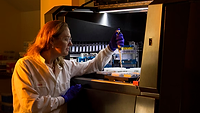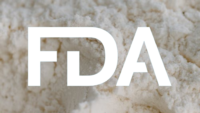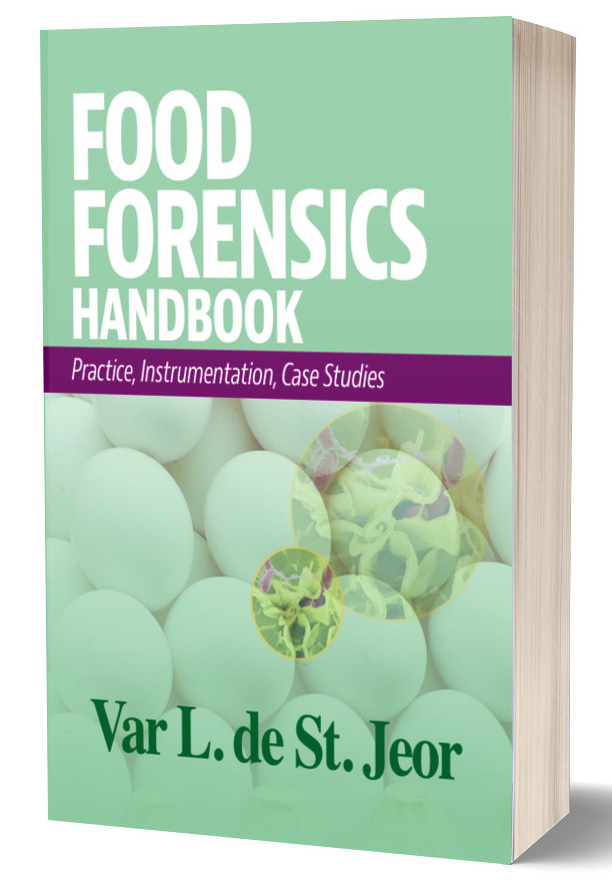FDA Updates Infant Formula Compliance Program, Puts Emphasis on Cronobacter, Salmonella

Image credit: netrun78/iStock / Getty Images Plus via Getty Images
As part of its ongoing efforts to strengthen the safety, resiliency, and oversight of the infant formula industry, the U.S. Food and Drug Administration (FDA) has updated its infant formula compliance program for agency investigators, laboratory analysts, and compliance officers. The compliance program is designed to comprehensively outline the agency’s approach to inspections, sample collection, sample analysis, and compliance activities.
In September 2022, FDA released an internal evaluation of the agency’s response to the infant formula safety and supply crisis, which was precipitated by a large-scale recall of products contaminated with Cronobacter sakazakii and the subsequent temporary shutdown of one of the largest infant formula producers in the U.S. The evaluation recommended that FDA review and update its infant formula compliance program to ensure that it reflected the latest science on Cronobacter and offered consistency and clarity on the agency’s inspection and compliance activities. In November 2022, as part of its prevention strategy for preventing Cronobacter contamination of infant formula, the agency committed to completing this review and update.
FDA’s newly updated compliance program builds on lessons learned over the last several years to elaborate on the agency’s approaches for inspections, sampling, laboratory analysis, and imported infant formula products. For example, one update is the inclusion of instructions for annual environmental sampling of Cronobacter and Salmonella at powdered infant formula facilities. The compliance program also provides instruction for FDA notification should a sample test positive for Cronobacter or Salmonella, or if a sample is found to have nutrients that are above or below required levels per the FDA’s infant formula regulation.
Additionally, the compliance program includes instructions for how product or environmental positives identified during records reviews should be immediately escalated to the appropriate subject matter expert within the FDA Human Foods Program.
More generally, background on the risks associated with Salmonella and Cronobacter in infant formula products, as well as the conditions that could lead to environmental contamination within the manufacturing facilities, have been added to the updated compliance program. The program also elaborates on new infant formula related requirements that were included in the Food and Drug Omnibus Reform Act of 2022.
Looking for a reprint of this article?
From high-res PDFs to custom plaques, order your copy today!







